Description
Cassandra Pybus’s ancestors told a story of an old Aboriginal woman who would wander across their farm on Bruny Island, in south-east Tasmania, in the 1850s and 1860s. As a child, Cassandra didn’t know this woman was Truganini, and that Truganini was walking over the country of her clan, the Nuenonne.For nearly seven decades, Truganini lived through a psychological and cultural shift more extreme than we can imagine. But her life was much more than a regrettable tragedy. Now Cassandra has examined the original eyewitness accounts to write Truganini’s extraordinary story in full.
Hardly more than a child, Truganini managed to survive the devastation of the 1820s, when the clans of south-eastern Tasmania were all but extinguished. She spent five years on a journey around Tasmania, across rugged highlands and through barely penetrable forests, with George Augustus Robinson, the self-styled missionary who was collecting the survivors to send them into exile on Flinders Island. She has become an international icon for a monumental tragedy – the so-called extinction of the original people of Tasmania.
Truganini’s story is inspiring and haunting – a journey through the apocalypse.
‘For the first time a biographer who treats her with the insight and empathy she deserves. The result is a book of unquestionable national importance.’ – PROFESSOR HENRY REYNOLDS, University of Tasmania

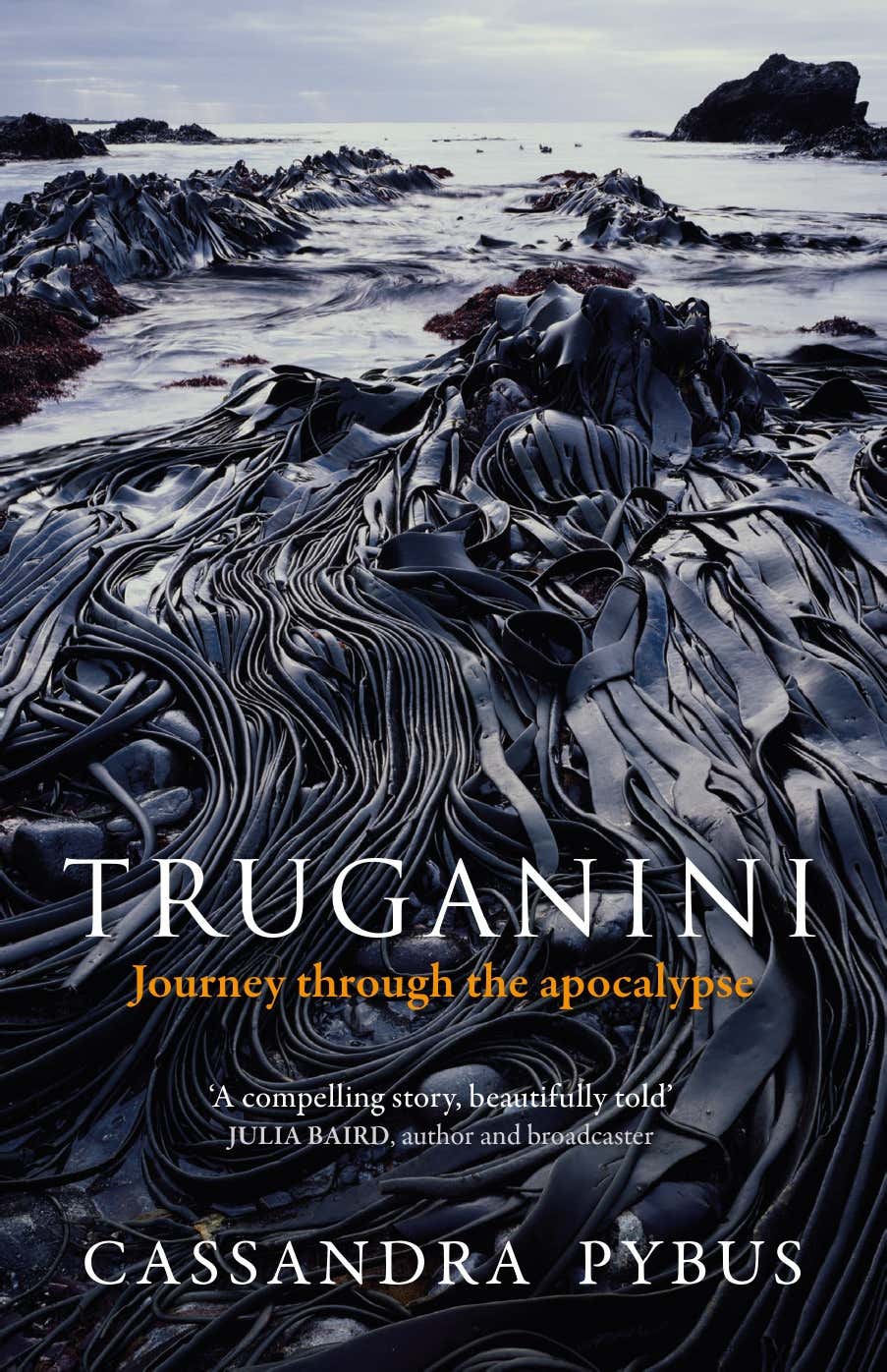


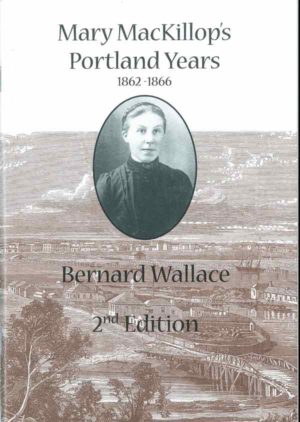
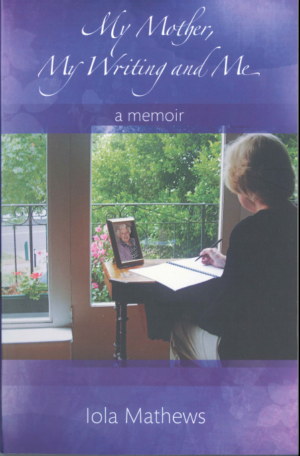

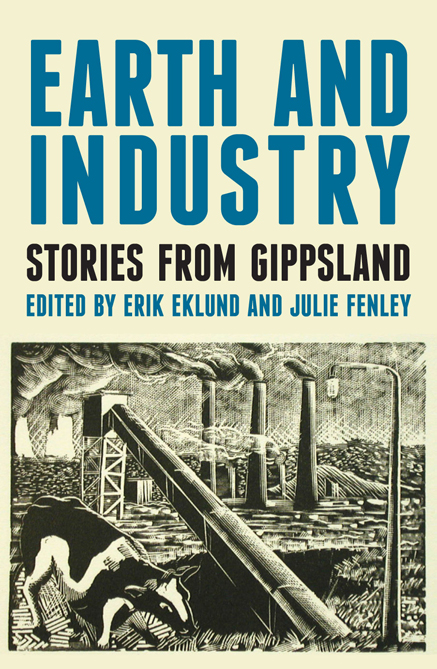

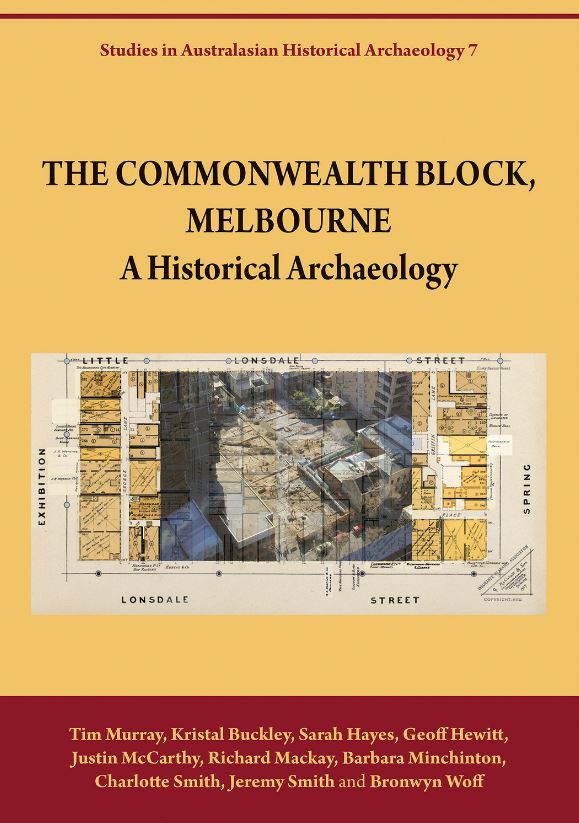


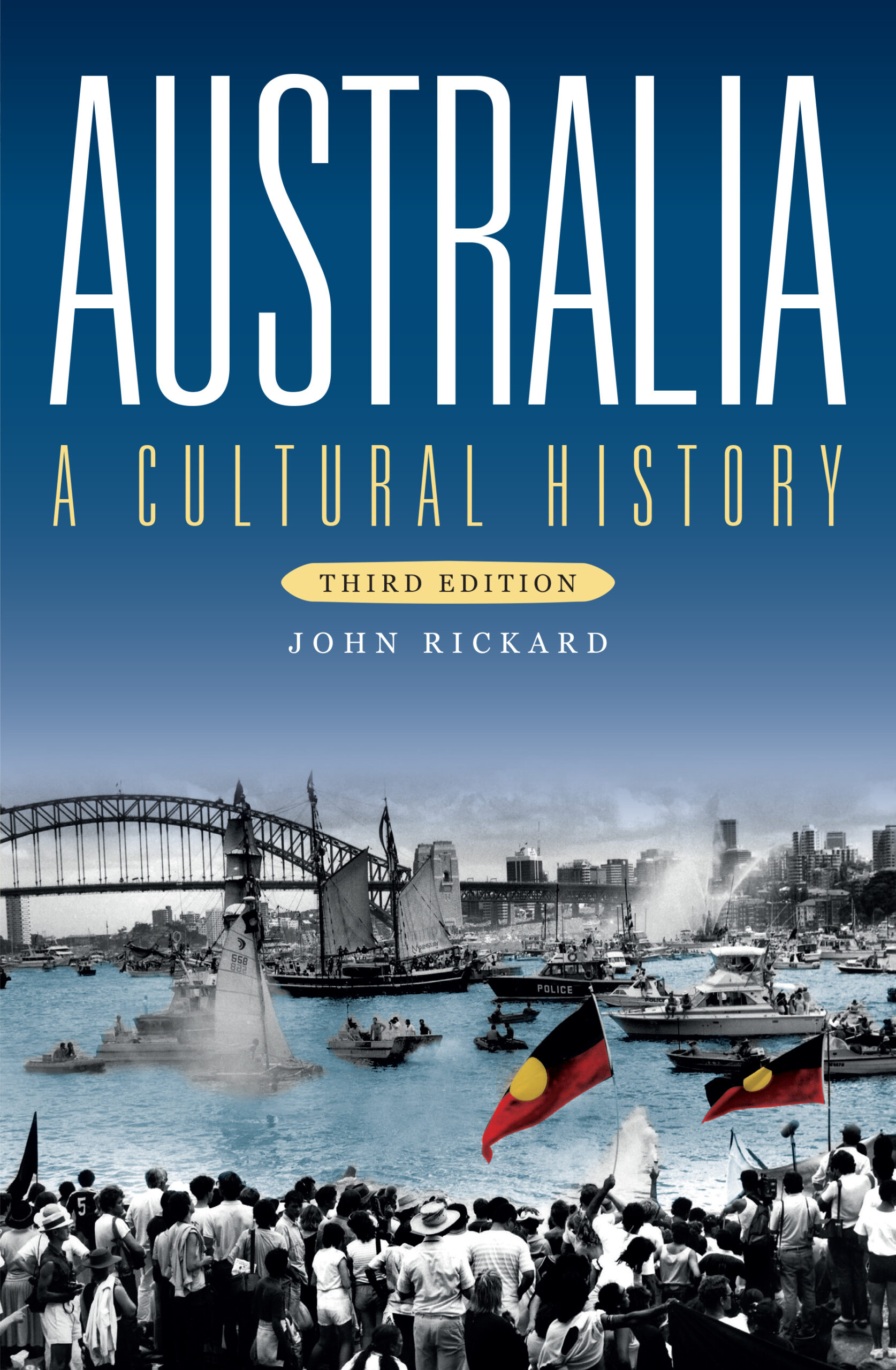
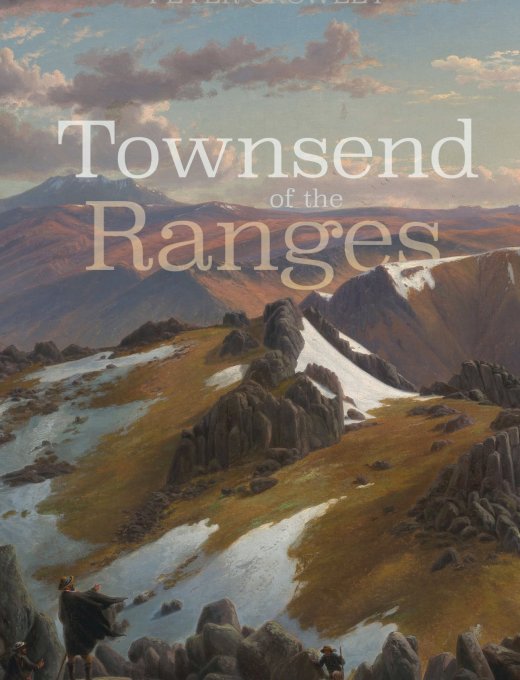

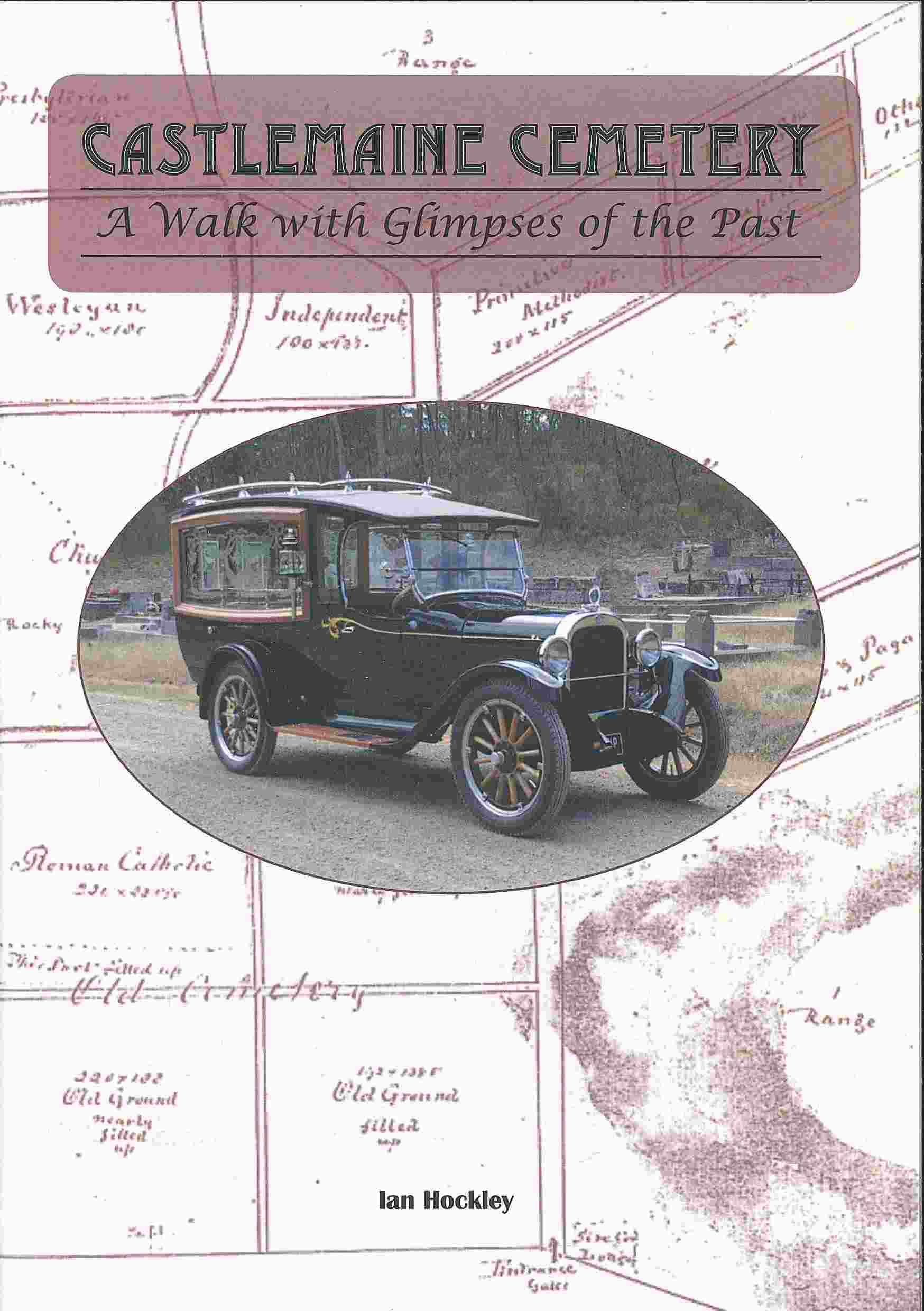

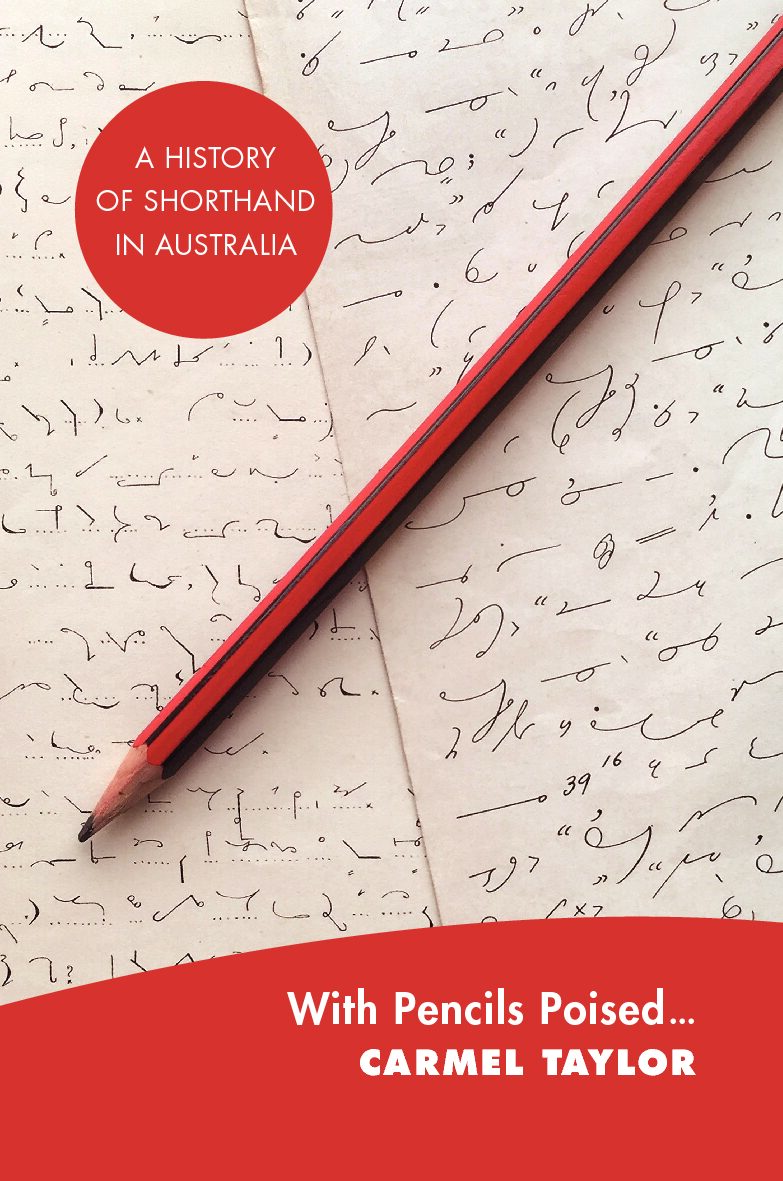


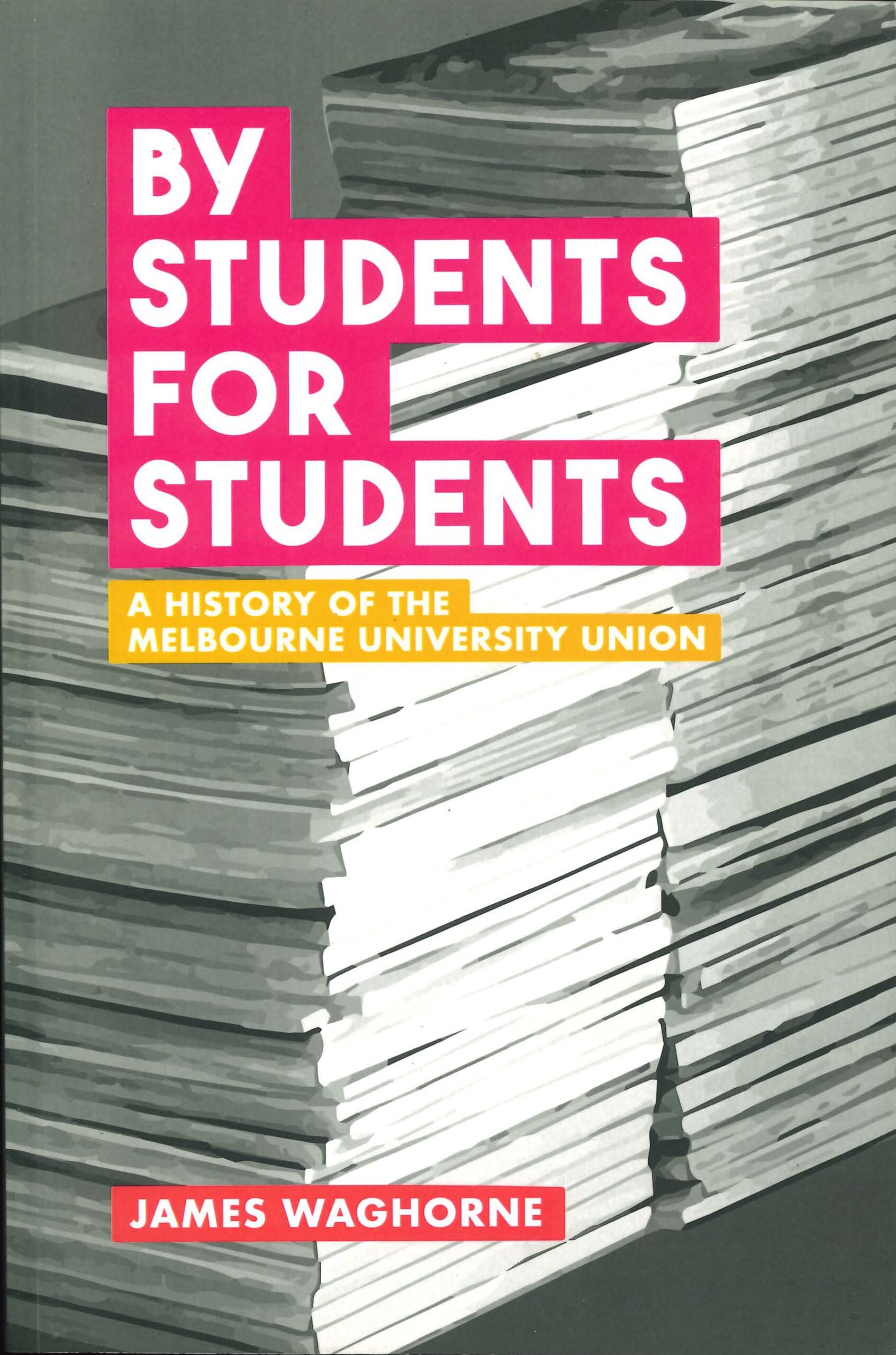




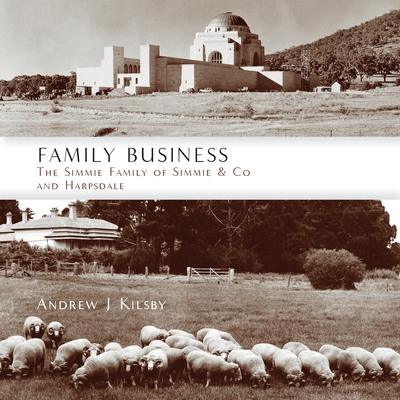
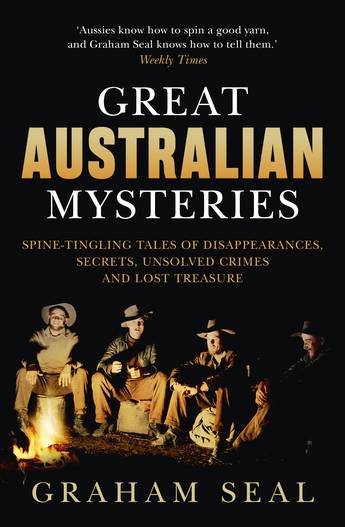
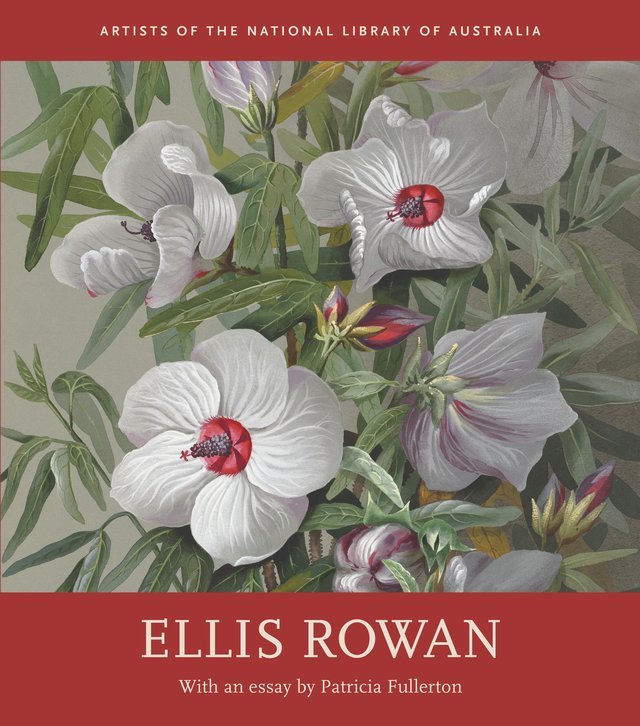



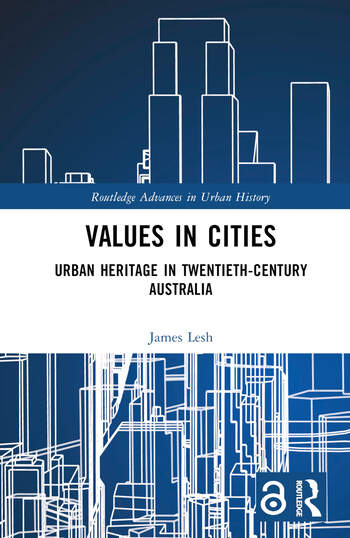
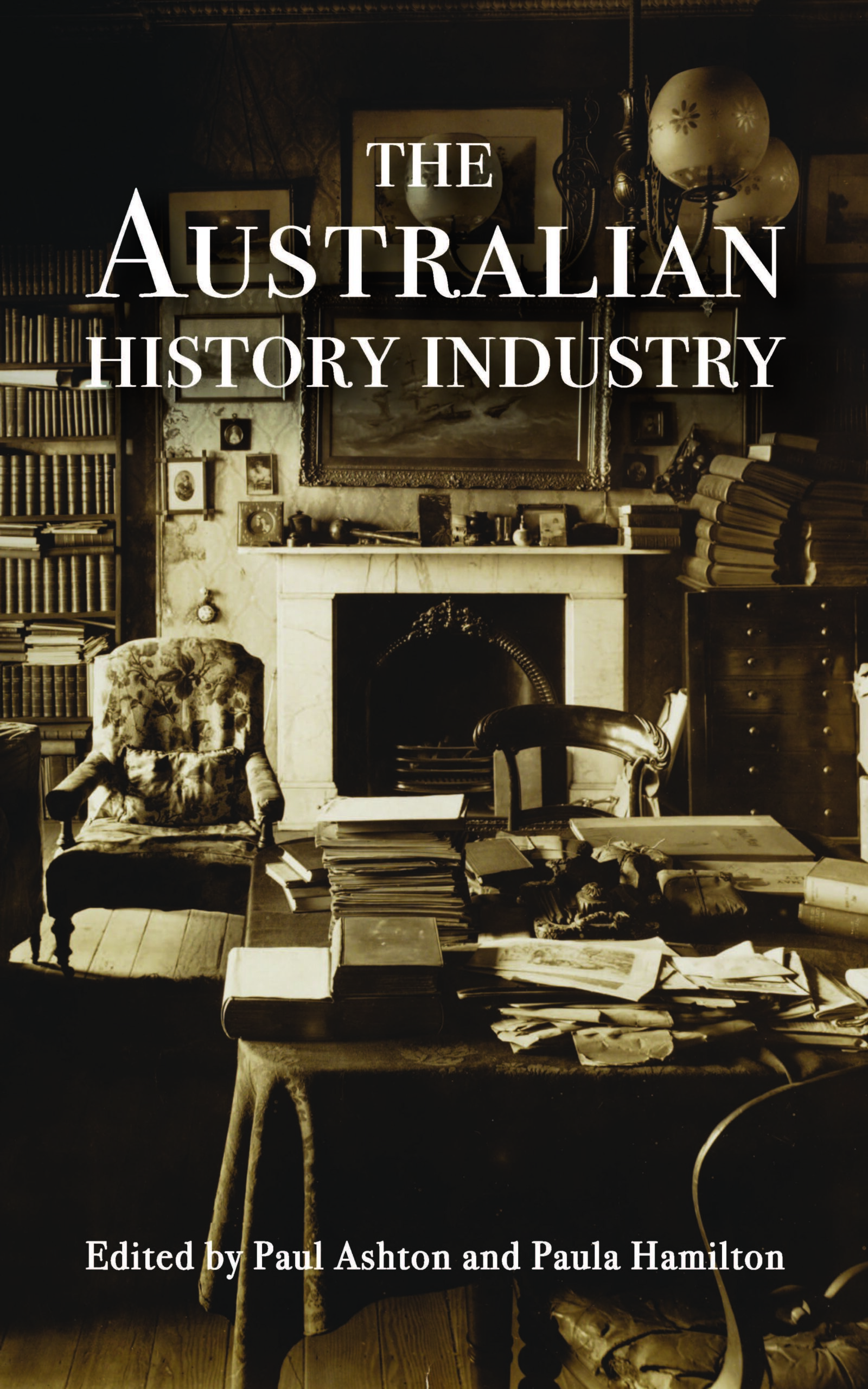
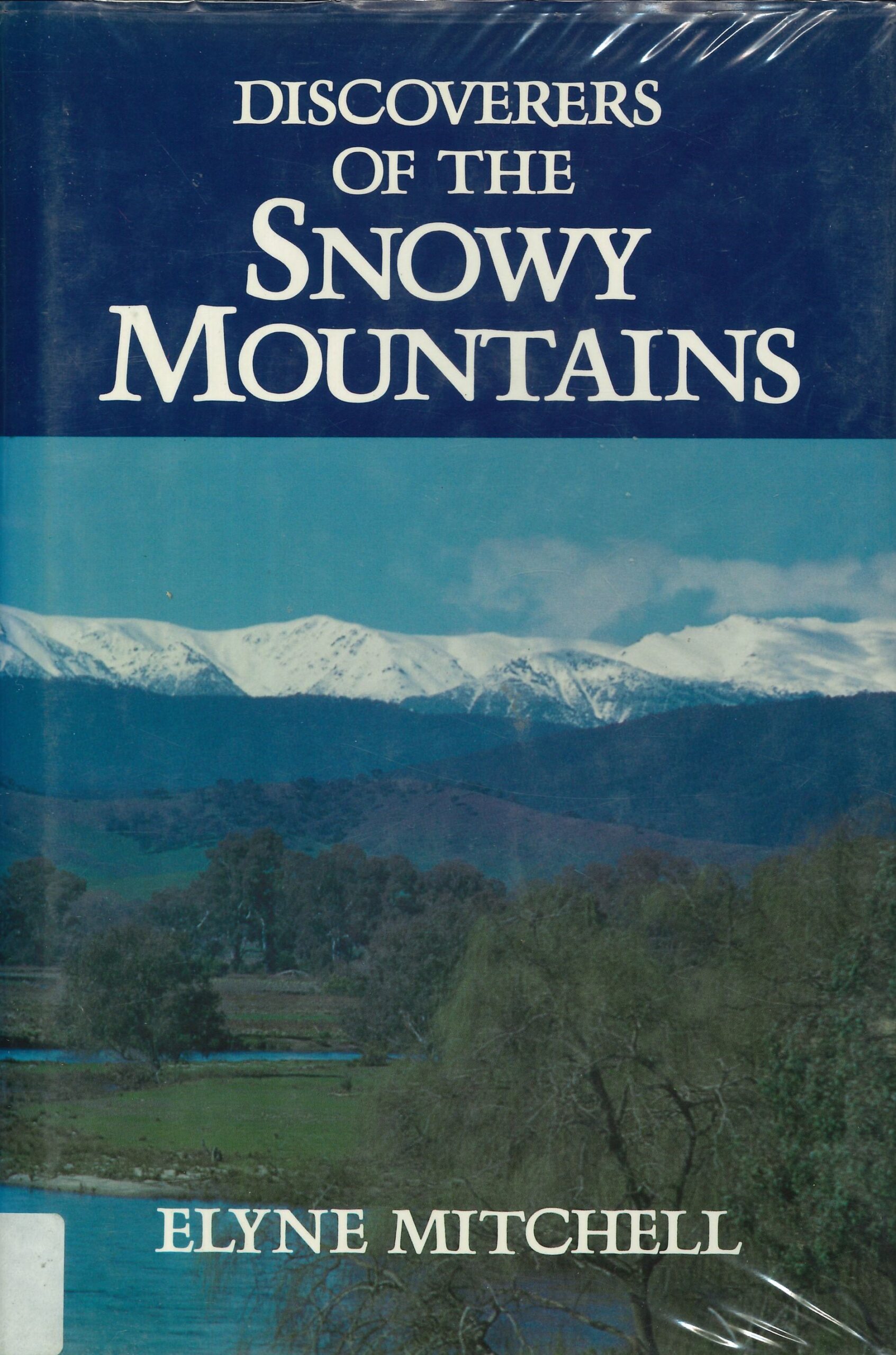
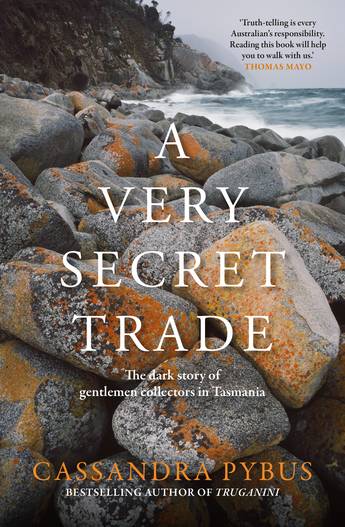
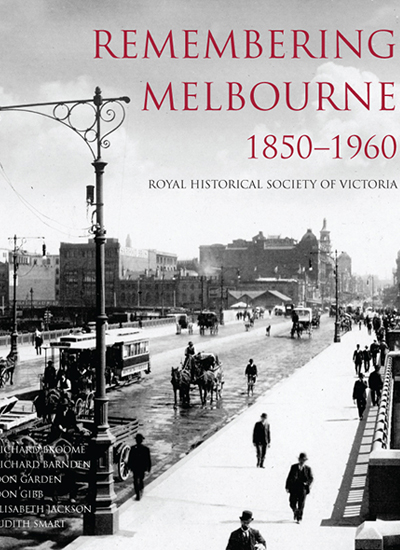
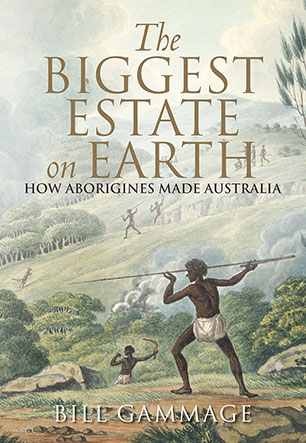

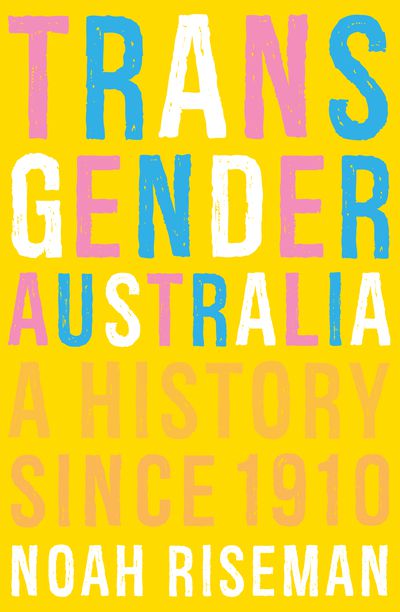







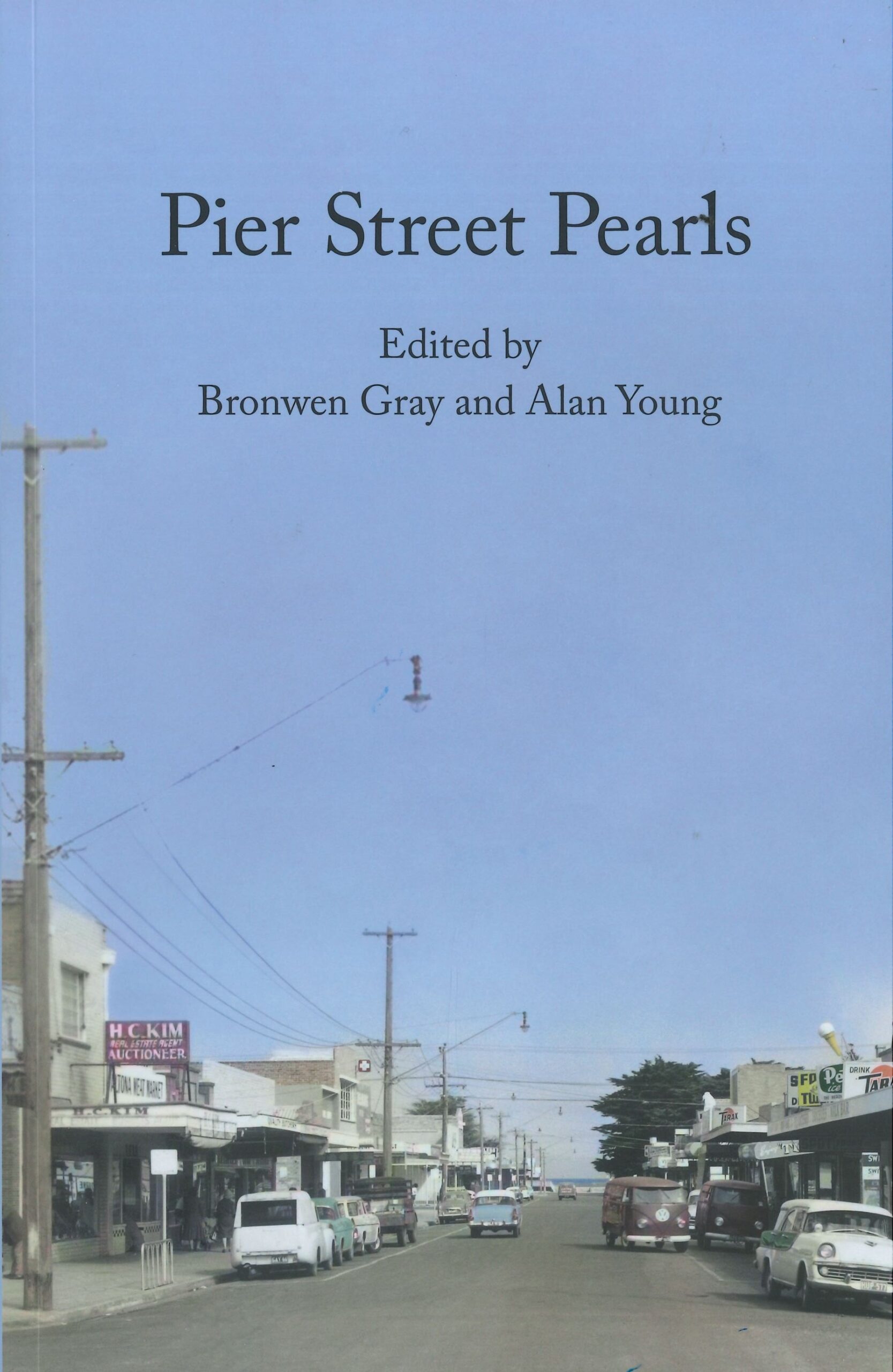
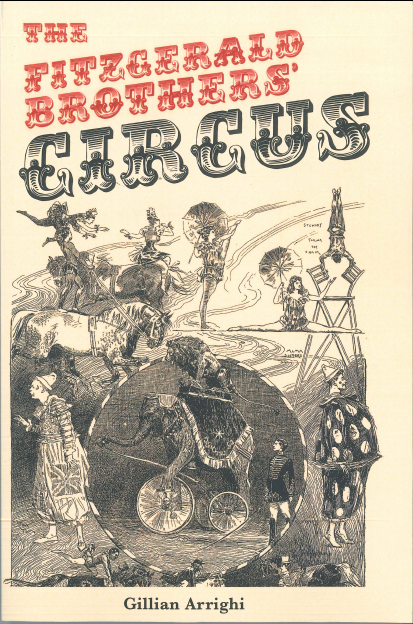


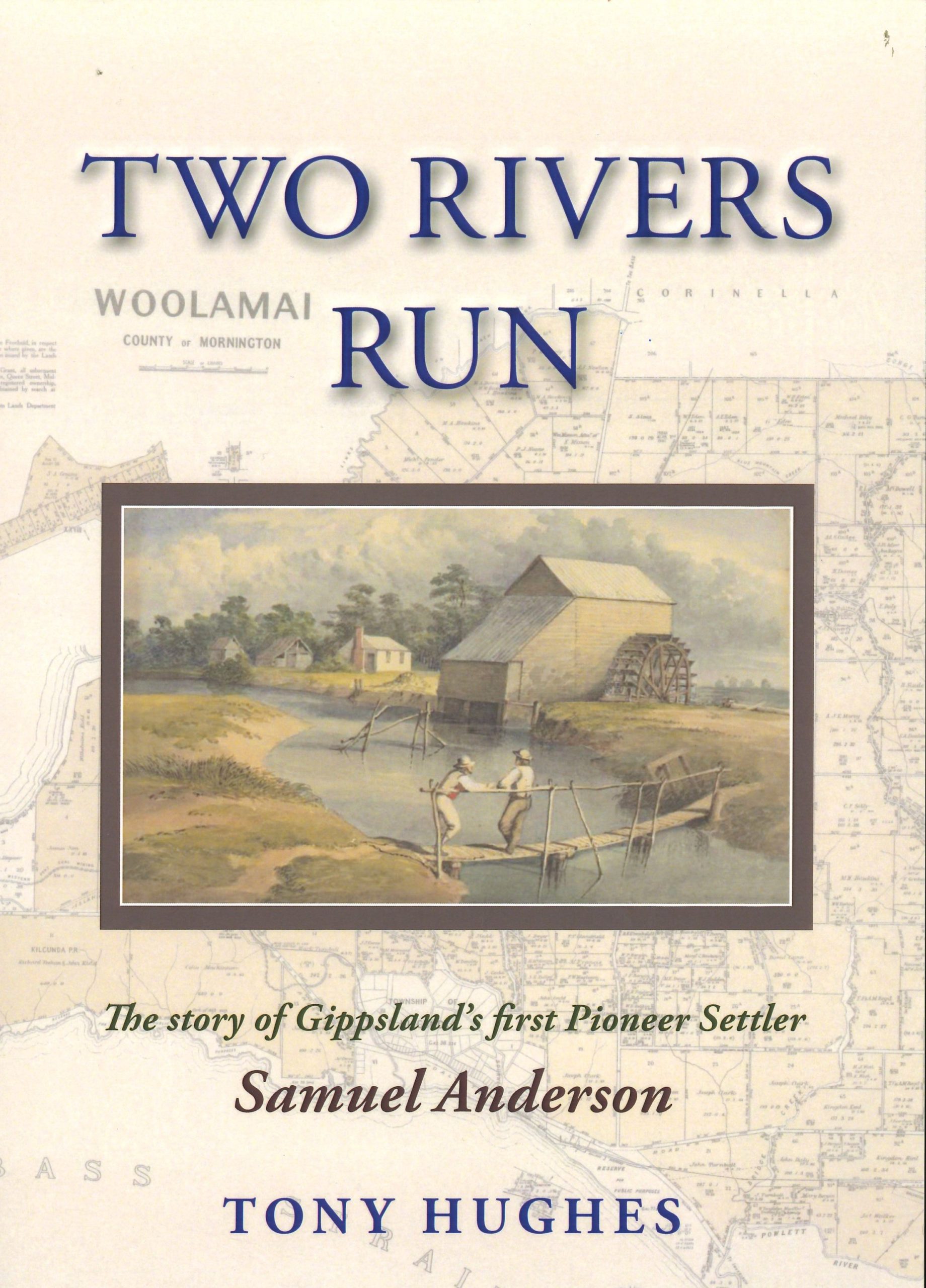
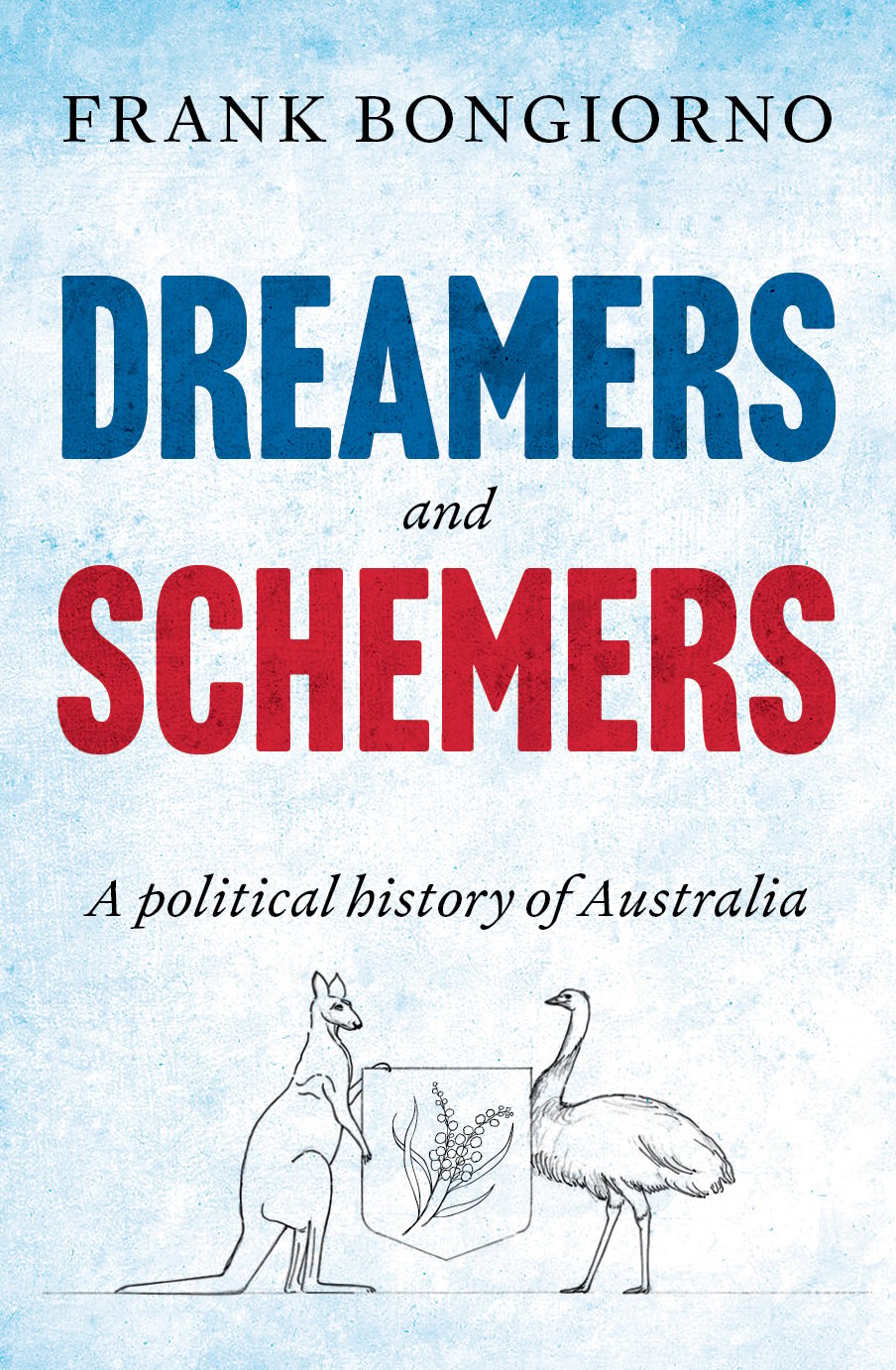

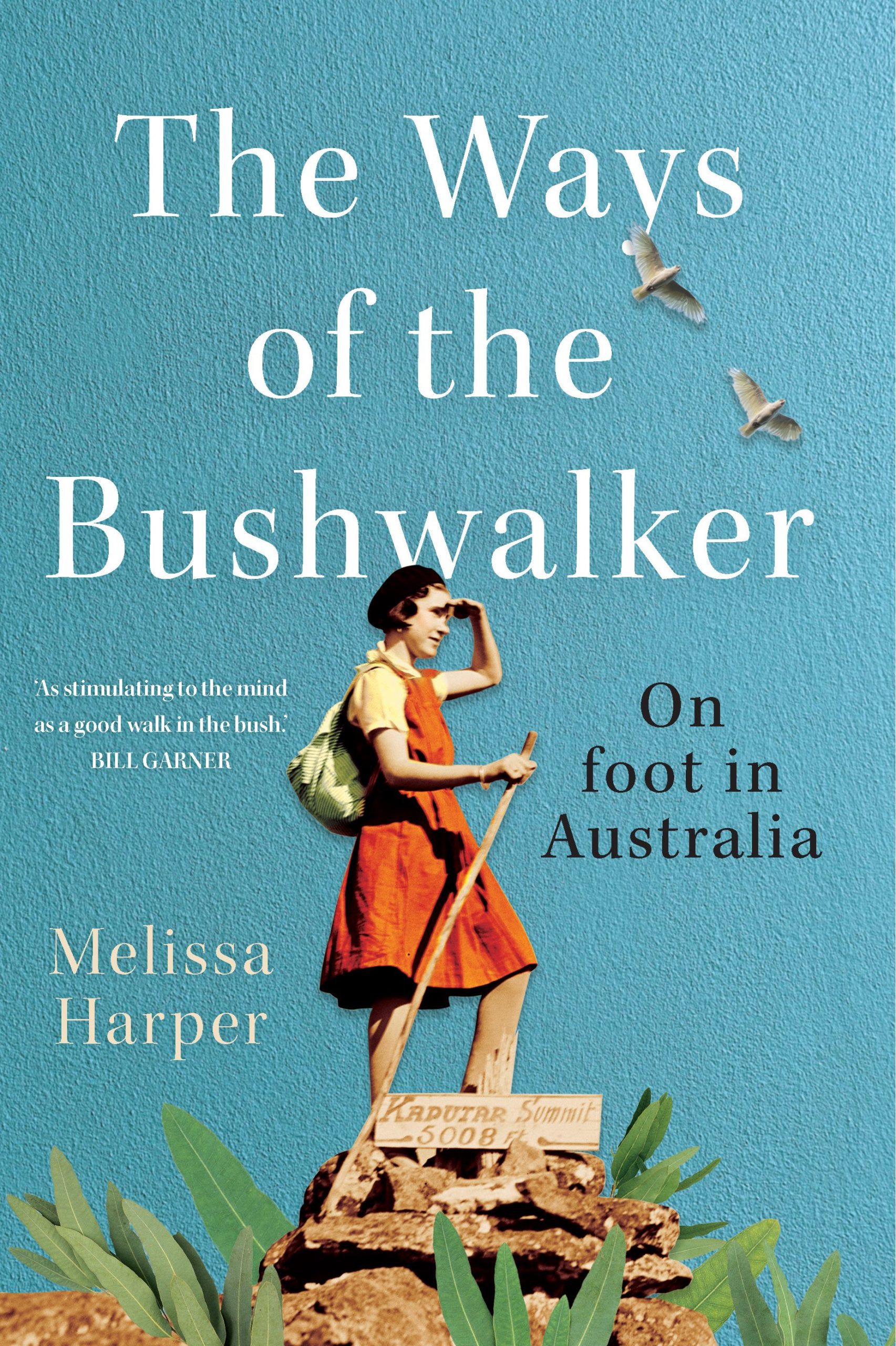
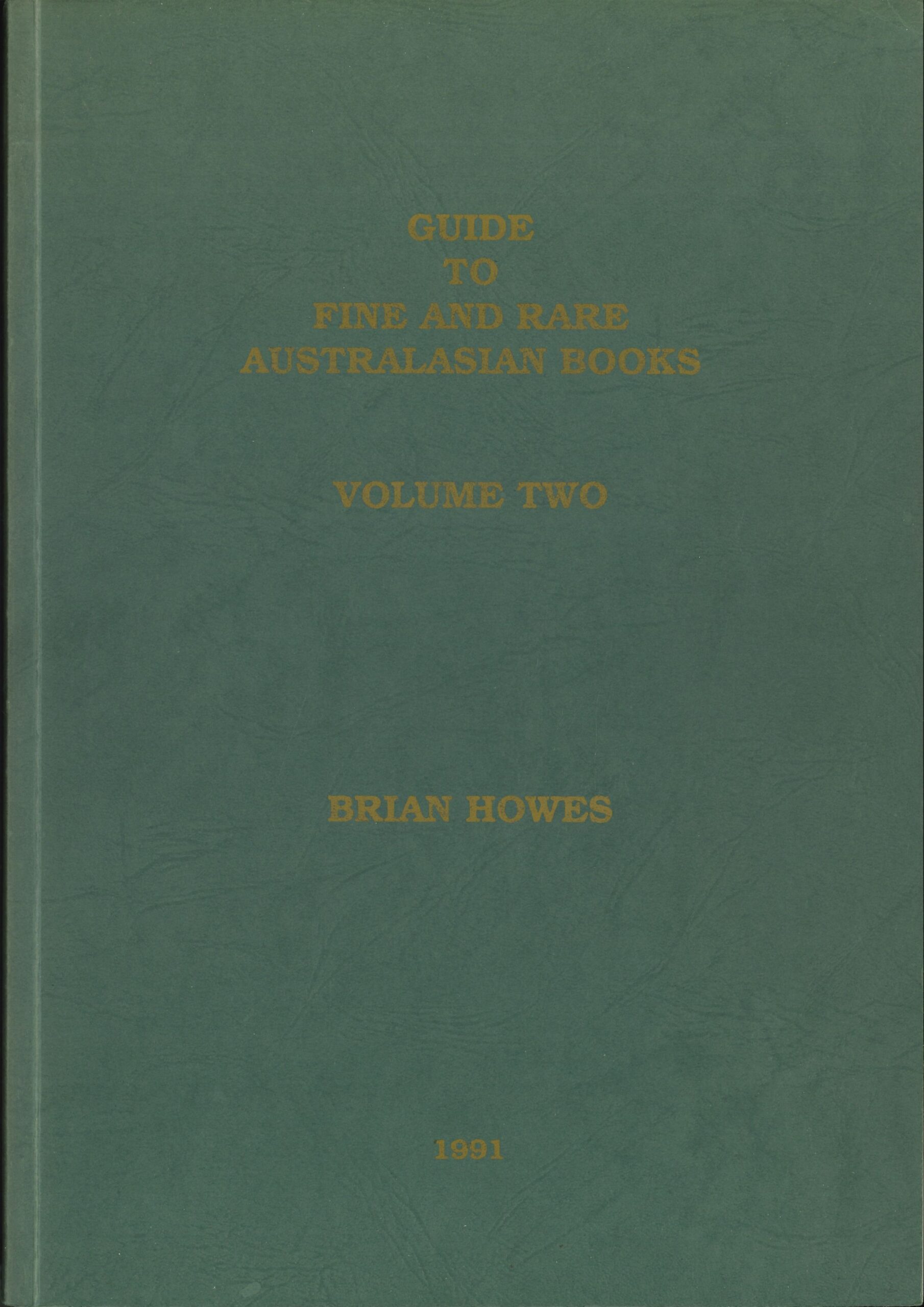
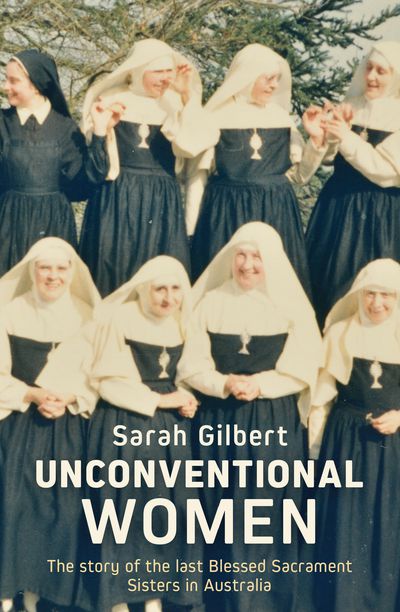
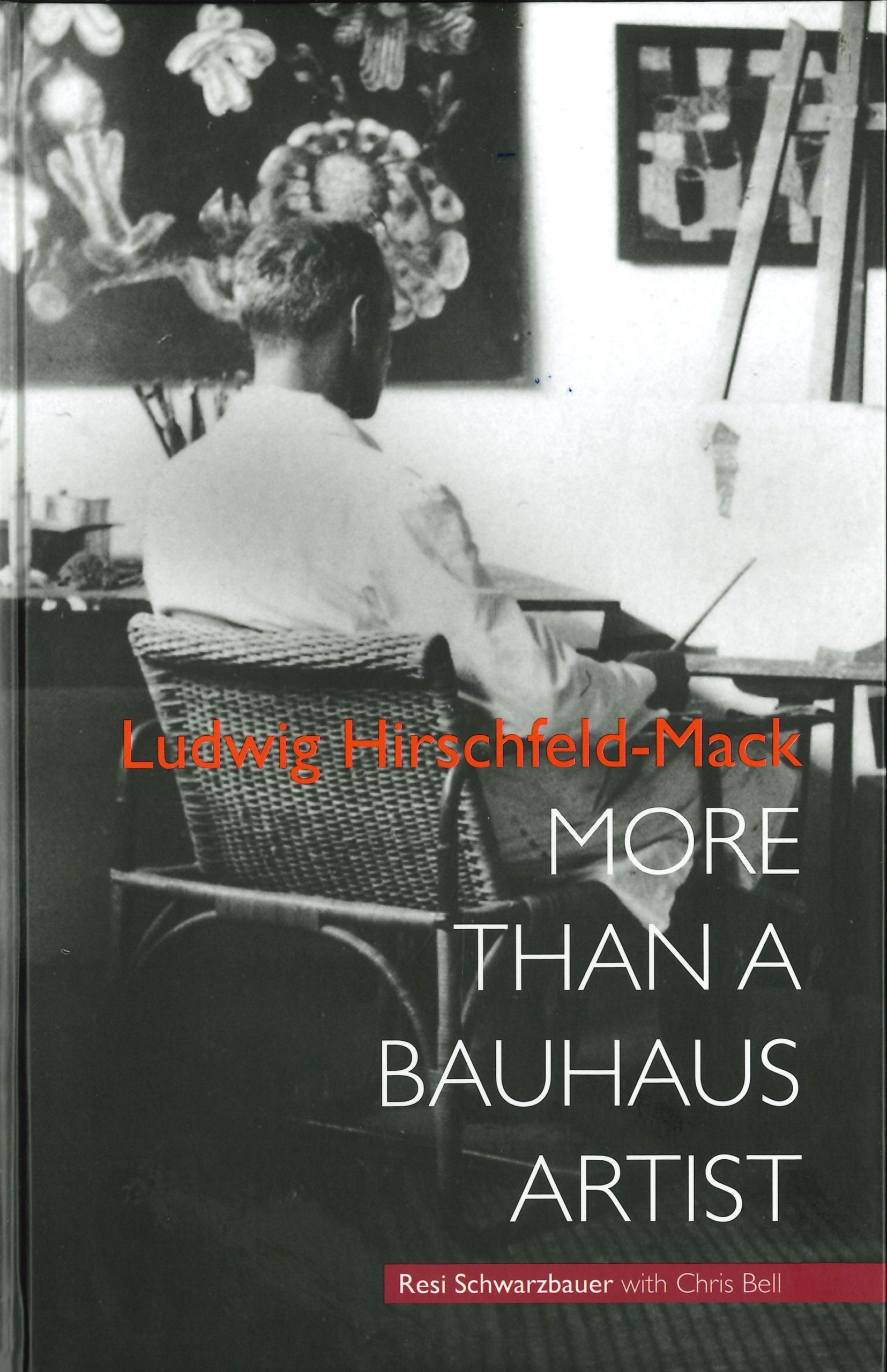
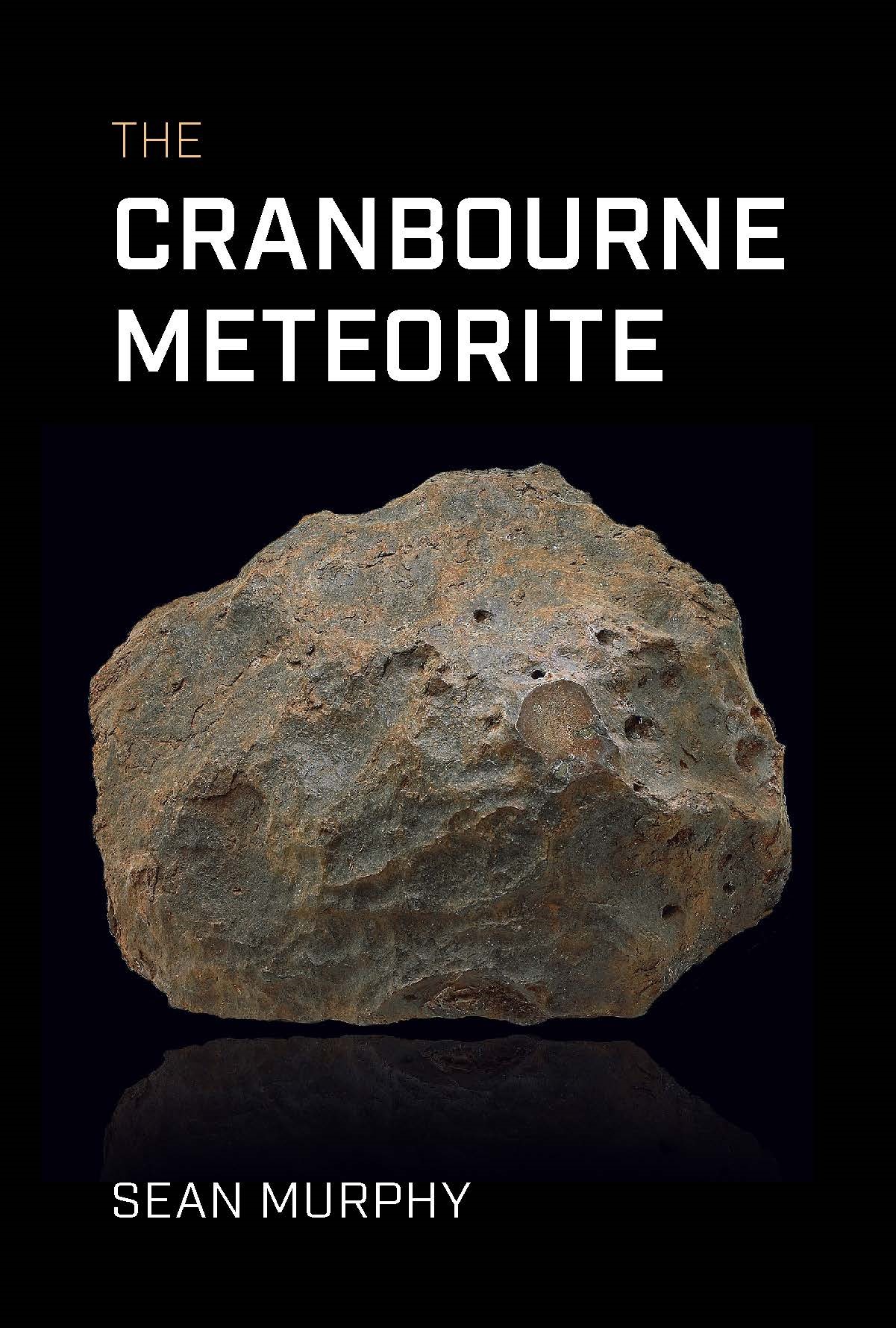








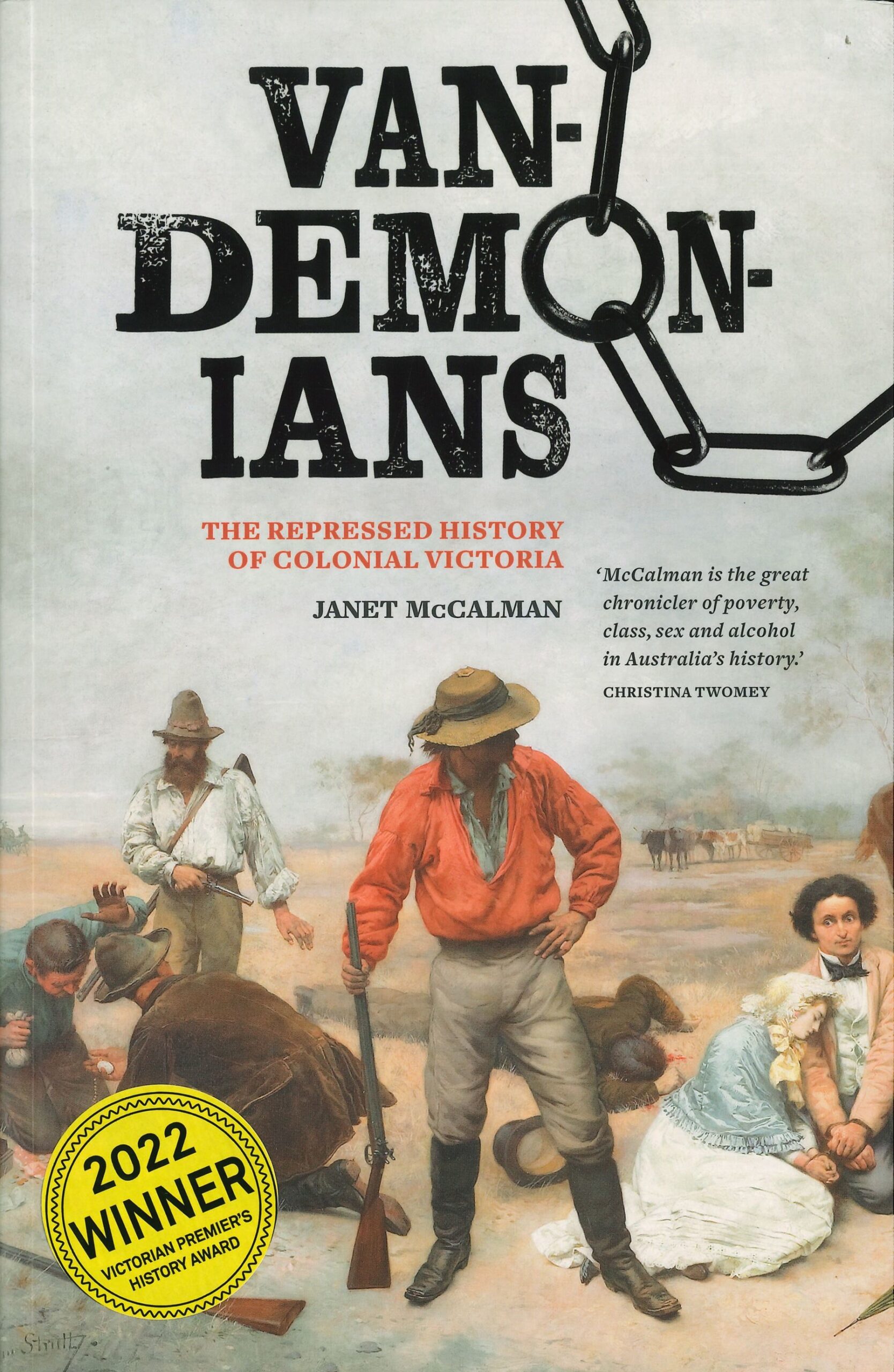
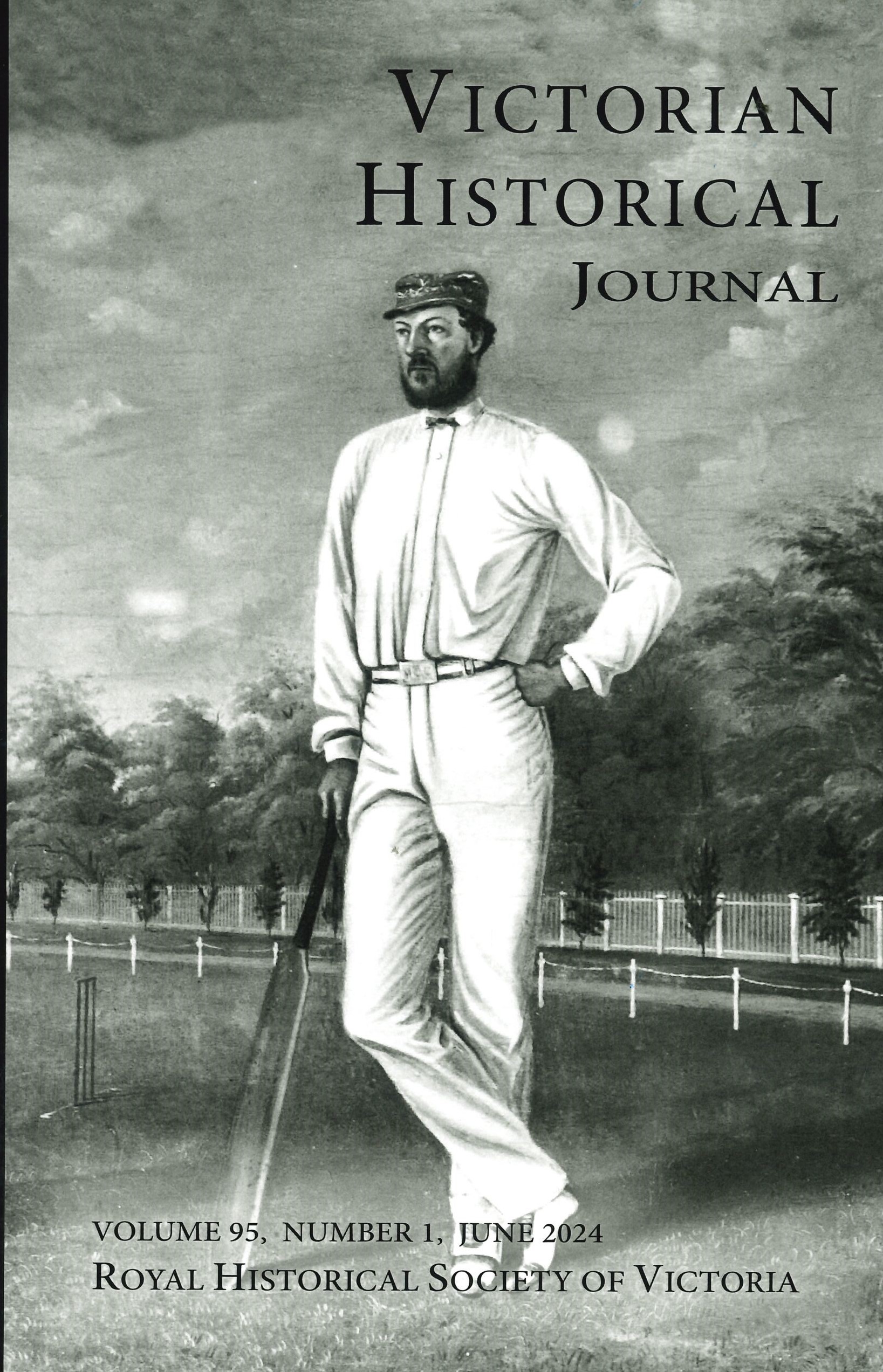


 239 A'Beckett Street Melbourne, Victoria, 3000
239 A'Beckett Street Melbourne, Victoria, 3000  03 9326 9288
03 9326 9288  office@historyvictoria.org.au
office@historyvictoria.org.au  Office & Library: Weekdays 9am-5pm
Office & Library: Weekdays 9am-5pm


Sally Gearin –
I sort of knew about Truganinni, or thought I did…it is such a powerful writing about a woman who was a legend …but we knew nothing of her….I know know what a real legend she was and how her spirit and resilience will now inspire many generations…
Jennifer McCoy –
Excerpt of the review by Jennifer McCoy for the Victoria History Journal, Issue 295, Volume 92, Number 1, June 2021
Cassandra Pybus is a descendant of one the earliest settlers on Bruny Island, who had benefited from the colonial practice of granting land to European settlers, displacing the original owners. The connection to Truganini and her people is, as she acknowledges, ‘fundamental’ to her own life story, as she too is ultimately a benefactor. Pybus has based Truganini’s story primarily on the diaries of George Augustus Robinson. He was appointed by the Van Diemen’s Land government in 1829 to conciliate with the Nuenonne clan on Bruny Island. Truganini, a young girl of around sixteen, was Robinson’s first contact with this clan when he rescued her from convict woodcutters. A mutual bond of support and protection was then maintained between Robinson, Truganini and some of her kin. It was a unique relationship, and Robinson’s detailed daily record of travelling with them for several years provides rare accounts of their lives; it also reveals the beliefs that drove him, his subterfuge, and the Nuenonne people’s innocent misunderstanding of his real plans. Pybus’s account of Truganini’s life reveals much about our attitude to the original people, not just in colonial times. The realities of our history are confronting, and the time has come to acknowledge and respect the First Nations of this country. As Pybus concludes, ‘That is not too much to ask’.